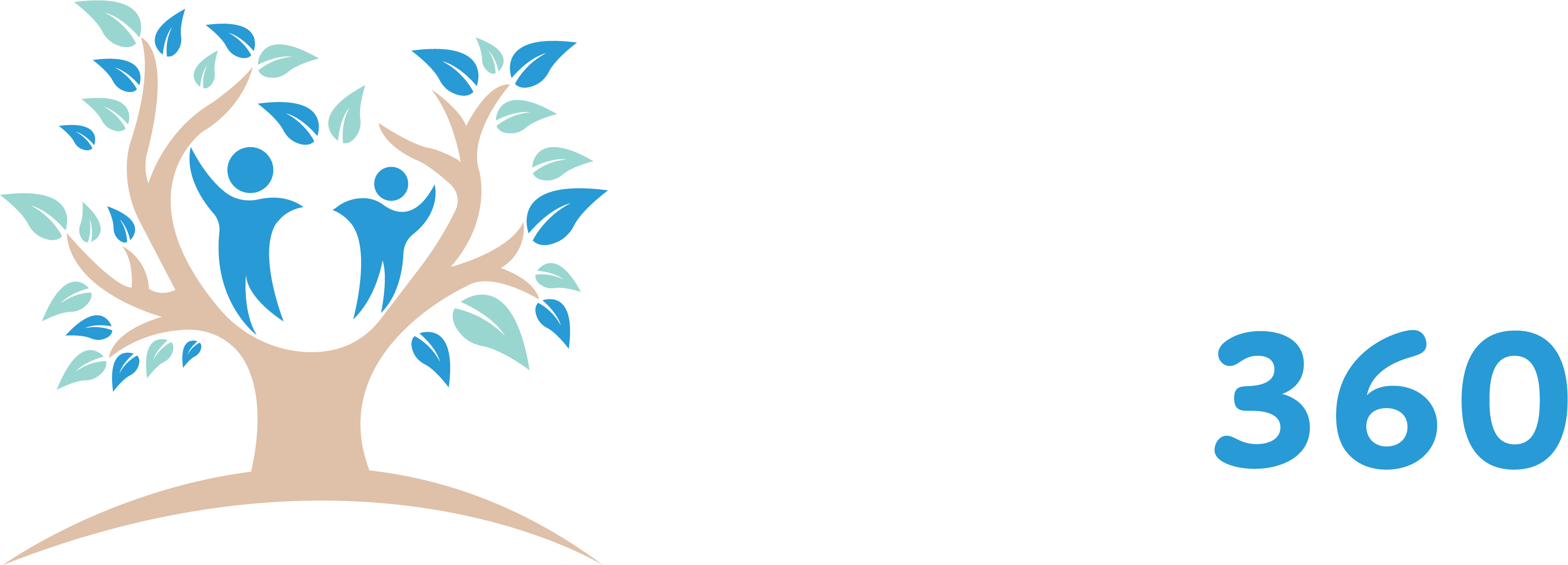Research

Helping Early Childcare Educators to Embrace the Early Years Learning Framework when Documenting Activities

The Early Years Learning Framework (EYLF) is an important tool for early childcare educators, as it helps them to document and plan activities that support children’s learning and development. However, many educators may find it challenging to embrace the EYLF, as it can be difficult to understand and implement. In this blog post, we will explore some strategies that can help early childcare educators to embrace the EYLF when documenting activities.
Understand the Purpose of the EYLF
The first step in embracing the EYLF is to understand its purpose. The EYLF is a national framework that guides the development of early childhood education and care services in Australia. It is designed to support children’s learning and development in the critical early years of life, and to ensure that all children have the best possible start in life. By understanding the purpose of the EYLF, educators can better appreciate its importance and how it can support their work with children.
Get to Know the Five Outcomes
The EYLF is based on five outcomes that describe the desired results of early childhood education and care. These outcomes are:
Children have a strong sense of identity
Children are connected with and contribute to their world
Children have a strong sense of wellbeing
Children are confident and involved learners
Children are effective communicators
It is important for educators to understand these outcomes, as they provide a clear framework for planning and documenting activities that support children’s learning and development. By getting to know the five outcomes, educators can ensure that their activities align with the EYLF and that they are effectively supporting children’s learning and development.
Develop a Planning and Documenting System
One of the key challenges of embracing the EYLF is the need to plan and document activities in a way that aligns with the framework. To overcome this challenge, educators can develop a planning and documenting system that makes it easy to plan activities that align with the EYLF and to document the children’s learning and development.
For example, educators can use a planning template that includes the five outcomes of the EYLF, and that prompts them to consider how their activities align with these outcomes. They can also use a documentation system that allows them to easily record the children’s learning and development, and that makes it easy to see how their activities are supporting the children’s learning and development.
Collaborate with Other Educators
Another important strategy for embracing the EYLF is to collaborate with other educators. By working together, educators can share ideas and strategies for planning and documenting activities that align with the EYLF. They can also learn from one another’s experiences and challenges, and can support one another as they work to embrace the EYLF.
Reflect on Your Practice
Finally, it is important for educators to reflect on their practice. By taking time to reflect on their work with children, educators can gain a better understanding of how their activities are supporting the children’s learning and development, and can identify areas where they need to improve. This can also help them to identify areas where they are effectively using the EYLF and to share their successes with other educators.
In conclusion, the EYLF is an important tool for early childcare educators, as it helps them to document and plan activities that support children’s learning and development. However, many educators may find it challenging to embrace the EYLF, as it can be difficult to understand and implement. By understanding the purpose of the EYLF, getting to know the five outcomes, developing a planning and documenting system, collaborating with other educators, and reflecting on their practice, educators can better embrace the EYLF and ultimately provide a thorough learning environment for each child.
Start using Personhood360 for free!
Access all Personhood360 features for 30 days, to see how Personhood360 can add value to your early childhood centre.
Or compare plans from $2.45 per child/month
![]() Cancel any time
Cancel any time![]() Online Support
Online Support
